The Ministry of Science and Technology has just issued Circular No. 15/2025/TT-BKHCN, setting out modern technical regulations for digital signature software, digital signature verification software and the Public Digital Signature Certification Service Connection Portal.
This is an important legal milestone, contributing to enhancing digital trust, protecting electronic transactions, and promoting the development of Vietnam's digital economy .
Improve technical standards and functional requirements for software
Circular 15/2025/TT-BKHCN sets out higher and stricter technical requirements for digital signature and signature verification software. The Circular aims to ensure the legal value of electronic documents, protect users' rights and promote market development by raising user requirements.
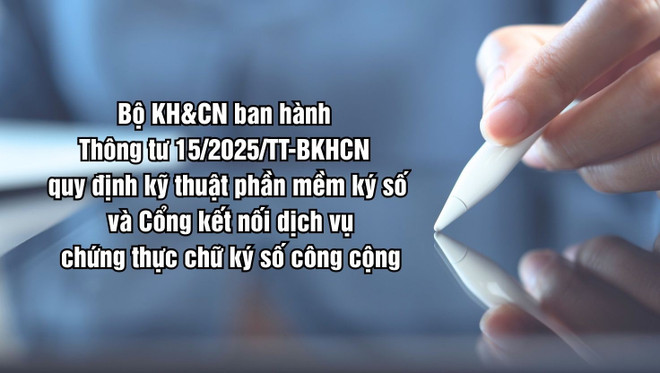
For digital signature software, one of the important requirements is that the software must have the function of checking the validity of the digital signature certificate before allowing the user to perform digital signature. The software must also support timestamping when necessary and ensure the integrity of the data message after signing.
For digital signature verification software, the software must be able to verify digital signatures according to a "trusted path" that ensures the signer's digital certificate is linked to the original digital signature certificate of the National Electronic Authentication Center (NEAC) or is on the foreign trusted list recognized by Vietnam.
In particular, the software must display a valid or invalid check result notification in Vietnamese, along with detailed information about the signer, the time of signing, and the integrity of the data.
The Circular's appendix also requires the application of new security standards, including a minimum key length requirement of 2048 bits for the RSA algorithm and 256 bits for ECDSA, and recommends the application of digital signature standards for PDF (PAdES), XML (XAdES) and CMS (CAdES) according to European standards.
Standardization of Public Digital Signature Certification Service Connection
The Circular also introduces the Public Digital Signature Certification Service Connection Portal (referred to as the eSign Portal) built by the Ministry of Science and Technology. This is a centralized connection portal, serving the connection of services of all organizations providing public digital signature certification services (CA) with information systems serving electronic transactions (such as the Public Service Portal, banking systems, tax, customs, etc.).
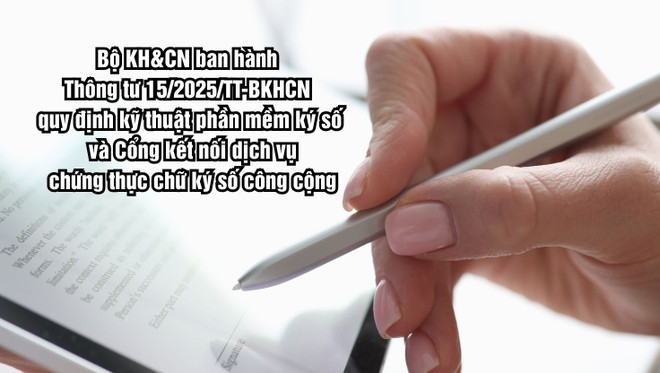
Organizations providing public digital signature certification services and information systems serving electronic transactions using digital signatures connect to the eSign Portal to perform digital signatures. Connecting to a centralized system will help simplify the integration process for application development units (only need to connect to one hub instead of connecting to each individual CA), while ensuring synchronization, security and compatibility nationwide. The National Electronic Authentication Center (NEAC) is the focal point to support and guide the connection to the eSign Portal.
In order for the Circular to quickly become effective in practice, ensuring consistency in the deployment of digital signature software, digital signature verification and connection to public digital signature certification services, the National Electronic Authentication Center (NEAC) has played a pivotal role in organizing the implementation.
In recent times, NEAC has been compiling detailed guidance documents and a system of questions for software development organizations and individuals, digital signature certification service providers (CAs) and information system owners to properly implement the technical contents of the Circular. At the same time, the Center has also established online channels to answer questions about procedures and standards for timely resolution.
In addition, NEAC will coordinate with press and media agencies to propagate and disseminate the Circular's content to relevant parties, ensuring correct understanding and application of the regulations.
This Circular is based on the Law on Electronic Transactions 2023 and Decree 23/2025/ND-CP, creating a unified, safe and modern technical legal corridor for electronic transaction activities in Vietnam. This document officially takes effect from the date of signing and replaces the previous Circular No. 22/2020/TT-BTTTT of the Ministry of Information and Communications, marking a new stage in the management and development of trusted services.
Circular No. 15/2025/TT-BKHCN is a solid legal and technical foundation, promoting standardization, ensuring transparency, and enhancing safety for all digital transactions of individuals and organizations in Vietnam. This is a strong signal promoting national digital trust, creating momentum for successful digital transformation./.
Source: https://www.vietnamplus.vn/viet-nam-nang-chuan-ky-so-ket-noi-tap-trung-huong-den-tuong-lai-so-post1056626.vnp






![[Photo] Hanoi morning of October 1: Prolonged flooding, people wade to work](https://vphoto.vietnam.vn/thumb/1200x675/vietnam/resource/IMAGE/2025/10/1/189be28938e3493fa26b2938efa2059e)







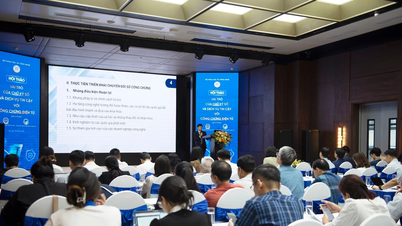








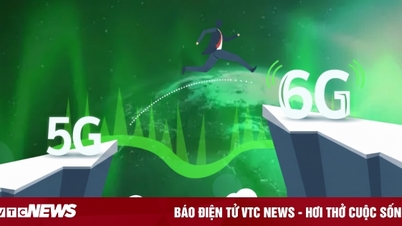

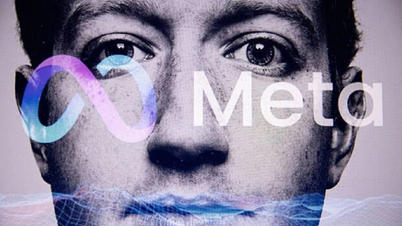





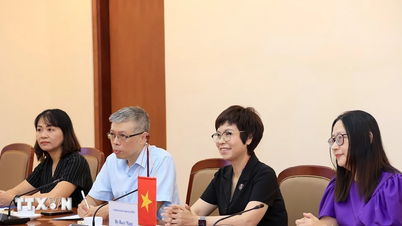





![[Photo] Panorama of the cable-stayed bridge, the final bottleneck of the Ben Luc-Long Thanh expressway](https://vphoto.vietnam.vn/thumb/1200x675/vietnam/resource/IMAGE/2025/9/30/391fdf21025541d6b2f092e49a17243f)
![[Photo] The 1st Congress of Phu Tho Provincial Party Committee, term 2025-2030](https://vphoto.vietnam.vn/thumb/1200x675/vietnam/resource/IMAGE/2025/9/30/1507da06216649bba8a1ce6251816820)
![[Photo] President Luong Cuong receives President of the Cuban National Assembly Esteban Lazo Hernandez](https://vphoto.vietnam.vn/thumb/1200x675/vietnam/resource/IMAGE/2025/9/30/4d38932911c24f6ea1936252bd5427fa)























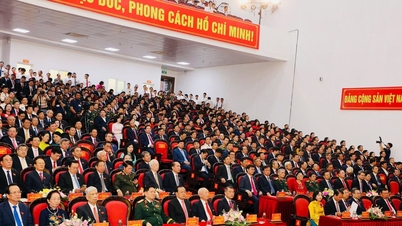

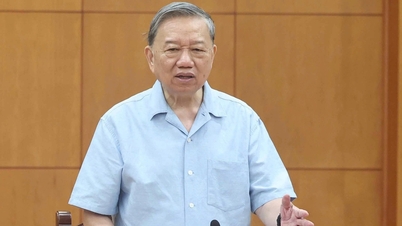
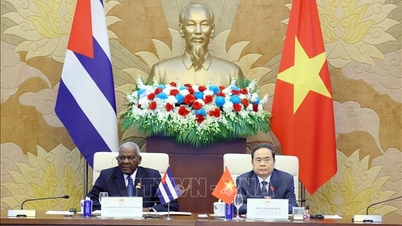






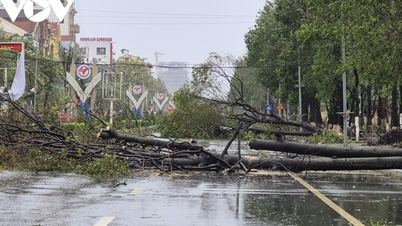


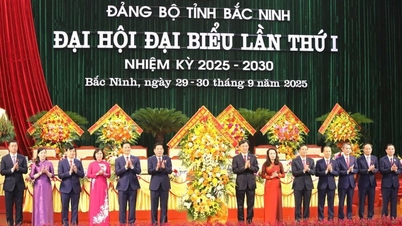


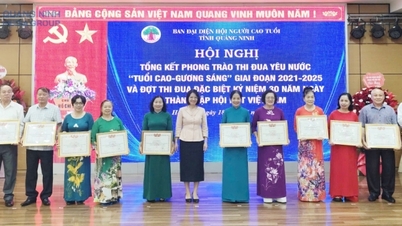



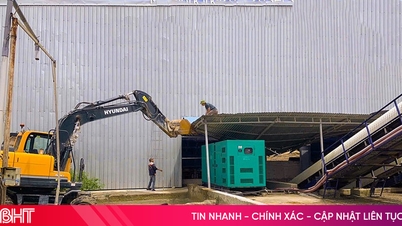

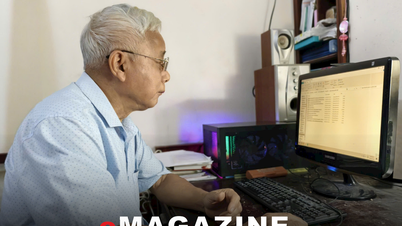


















Comment (0)